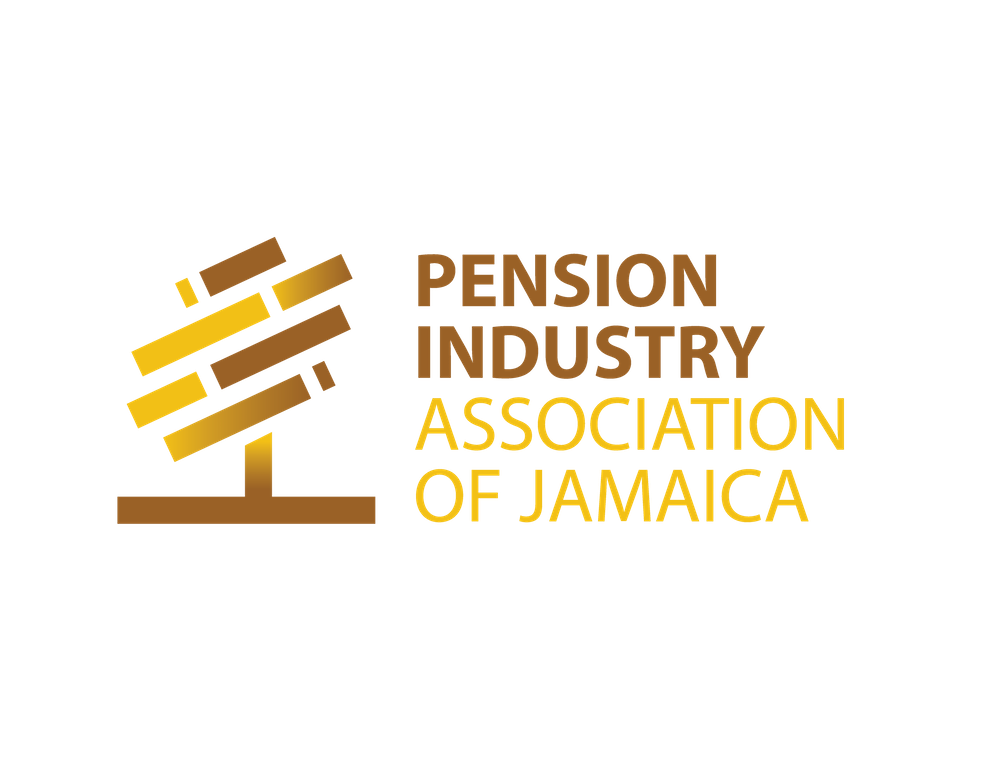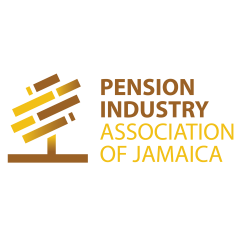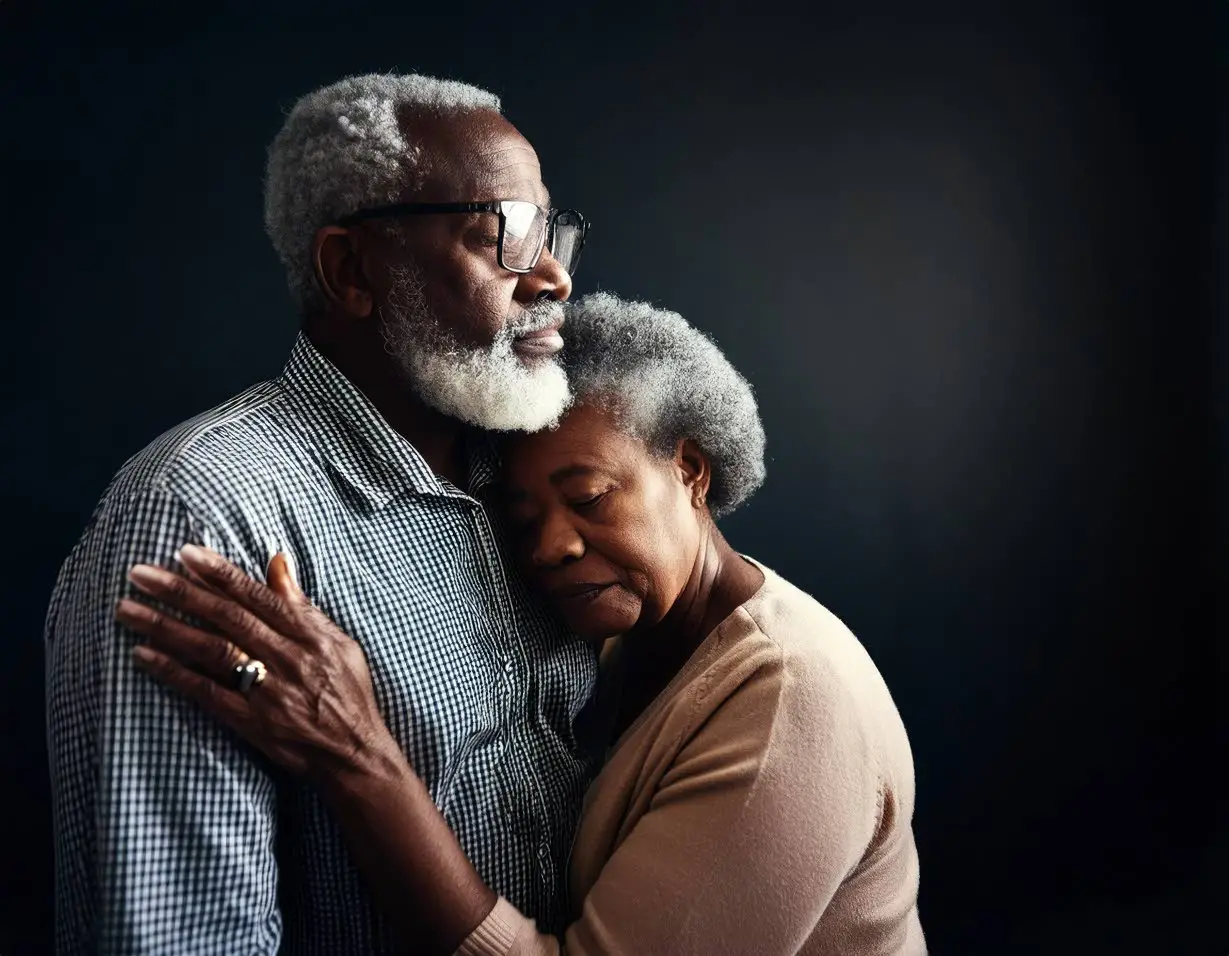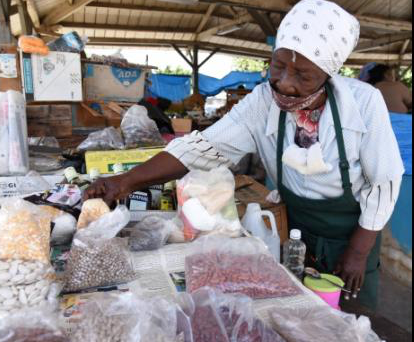Jamaicans urged to take insurance and pension planning seriously
Armed with data showing that over 70 per cent of Jamaicans have no form of life insurance, and more than 80 per cent of private sector workers are not enrolled in an approved pension scheme, experts in both sectors are warning that the country is heading towards a future social and economic crisis if urgent action is not taken by more Jamaicans to prioritise long-term financial planning.
The Insurance Association of Jamaica (IAJ) and Pension Industry Association of Jamaica (PIAJ) officials raised the concern at this week’s Jamaica Observer Monday Exchange, saying that the long-term economic and social consequences could seriously hinder the country’s future development. “It’s a social issue and it’s also an economic issue because what it means is that Government will have to find policies to put in place to support the cycle of PATH [Programme of Advancement Through Health and Education] and other programmes that they have daily,” PIAJ Director Desmond Johnson argued.
“It’s going to cost the current working population at the time to be supporting those things, which means that your tax will go up [and] that is a problem politically, economically, and socially,” he added. Johnson explained that the situation is even more concerning due to Jamaica’s low birth rate in comparison with the country’s rapidly ageing population, noting that if there is a large number of elderly Jamaicans without a pension it will put more burden on the Government and social welfare systems.
Old-Age Poverty
“The social issue is that if [people who are not enrolled in a pension scheme] retire 20 years from now, 30 years from now, you will not have a pension. Based on the Statin (Statistical Institute of Jamaica) survey and world survey, persons are living 20 to 30 years after retirement, [and] that’s as long as you work, and so if you do not have a pension, you will suffer from old-age poverty, meaning that you will be dependent on somebody to take care of you, and that is a serious problem,” he said.
Johnson said the numbers paint a troubling picture, noting that with less than 20 per cent of Jamaicans in the private sector in a formal pension scheme, it effectively means that only about one in every 10 has proper coverage for the future. “It means that when these other nine persons retire, they will be dependent on the Government, which will then cause a social problem, an economic problem, and they’re going to rely on their children if they have any children,” he said. He expressed concern that many Jamaicans still believe they don’t need to save for retirement because their children will support them in old age — a belief, he said, is outdated and no longer realistic.
“It’s been a cultural thing from generations past that we don’t need to save for pensions because we have children who are coming up and we have other children that will take care of us. What is happening then is that you’re putting the burden on the next generation who will have to save for their own pension plus take care of their parents and it can’t be a sustainable thing,” said Johnson. His colleague, Everton McFarlane, executive director of the IAJ, agreed, and argued that financial literacy and cultural habits continue to fuel poor planning.He stressed that many Jamaicans are spending money on non-essential items while ignoring long-term protection.
The Importance of Financial Literacy
“I think to engineer greater financial inclusion, greater financial literacy has to be a part of it. So it’s not just about the service providers going out and trying to sell more. The target population has to be receptive to the idea that saving for a rainy day and, in particular, saving for financial protection, is just as important as consumption,” he said. McFarlane explained that while Jamaicans often cite a lack of income as the reason they don’t invest in insurance or pensions, closer analysis of household spending shows there is room to make better financial choices.
“Clearly, when you talk about food and fuel and housing, transportation, those could be viewed in some sense as non-discretionary; you have to incur those expenses to live and earn a living. But when it comes to probably clothing, when it comes to entertainment, when it comes to other aspects of spending, which might account for about 15 to 20 per cent of the budget… there is still some amount of room for discretion to be exercised in terms of saving versus spending,” said McFarlane.
He added that part of the misconception amongst some Jamaicans is the belief that insurance is only about preparing for death and argued that believing in this false notion can be outdated and dangerous for many Jamaicans. “The concept that insurance is only there for when you’re dead and you get a payment is also misguided. When you look at the range of policies and the range of options that insurance provides, it is protection for a range of circumstances. You have critical illnesses, people can get sick, and the right type of policy can afford you a buffer to allow you to recover in a good peace of mind,” he said. “You have other things in terms of dismemberment. You have a whole range of different circumstances that normal people face, and I’ll tell you something, the persons who can least afford to have those circumstances face them are the ones who are probably most under-insured,” he added.
PIAJ President Rosemary Henry, who described the matter as urgent, noted that many Jamaicans are living longer, and yet many are failing to plan for what could be decades of post-retirement life. She underscored that insurance and pension planning are not luxuries but are necessities that determine whether one can maintain dignity and independence in later years.
“Children are no pension, not in this day and age. So you must begin to think, how is it that I protect myself and make sure that I can have some quality of life when I get older… Insurance is not luxury. You have your family and you want to make sure that you’re taken care of while you’re here, and when you’re gone as well. Just one critical illness can wipe you out, and you want to make sure you have the protection against that,” she said.
Reporter: Jerome Williams
williamsj@jamaicaobserver.com
Article via:








